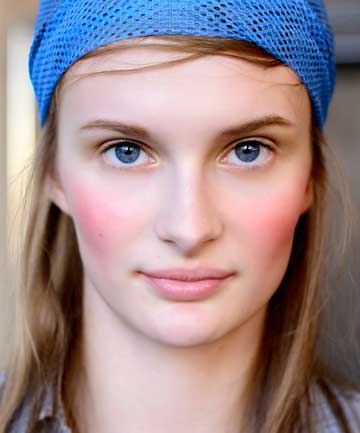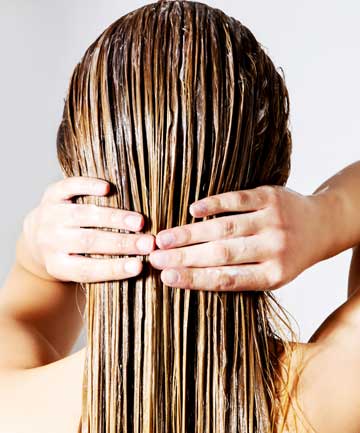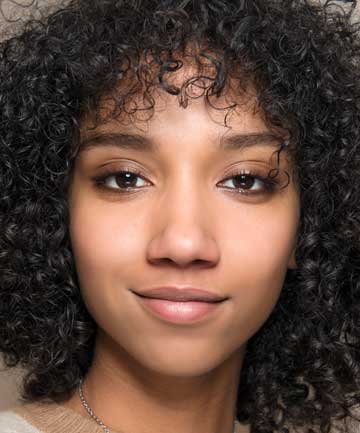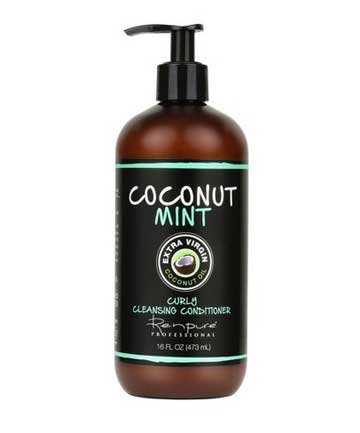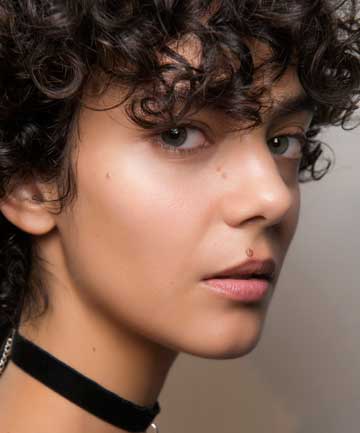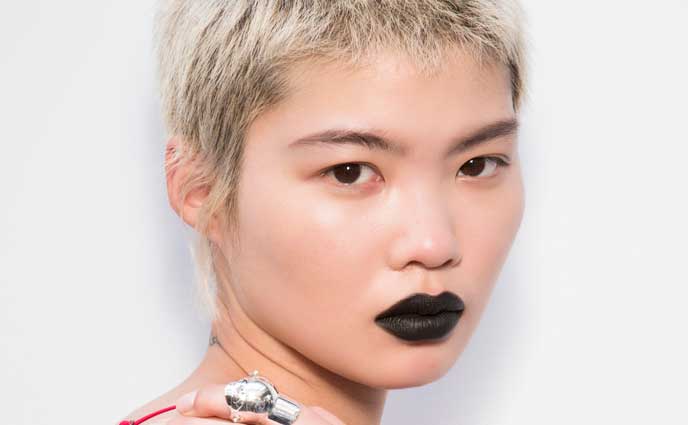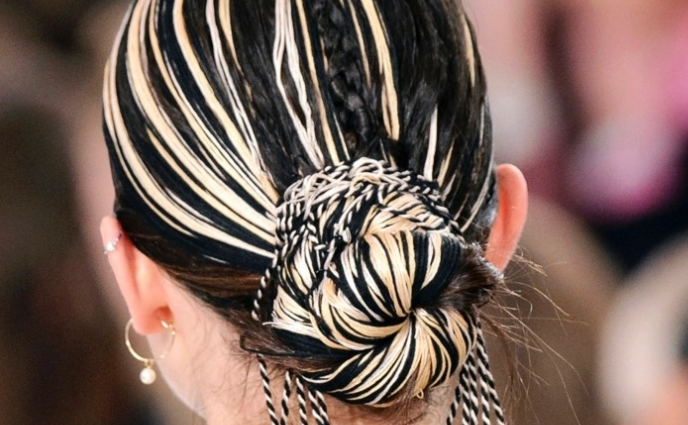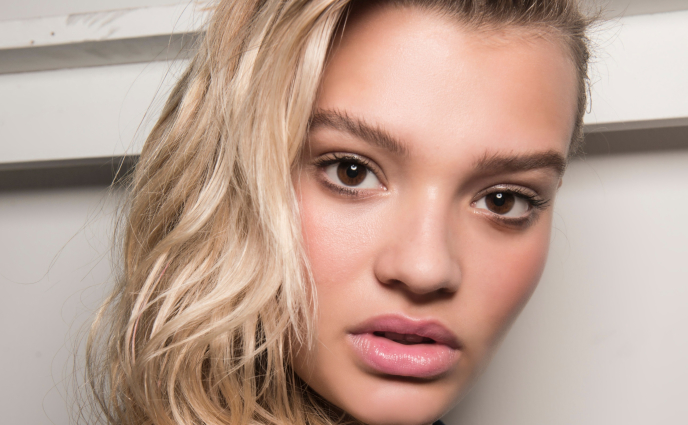Have you heard of the "no poo" method? It's garnered something of a cult following in recent years. If you haven't, it's pretty simple: You eschew shampoo entirely, usually replacing it with a good ol' scrub with some conditioner (aka "co-washing").
Skipping shampoo altogether may sound extreme, but many people claim that this method has transformed their hair for the better. So, what's the deal? Is it something you should try? We've got the lowdown on the pros and cons of the "no poo" method — so read this before you decide whether or not to ditch that shampoo bottle.
Image via Imaxtree
Skipping shampoo altogether may sound extreme, but many people claim that this method has transformed their hair for the better. So, what's the deal? Is it something you should try? We've got the lowdown on the pros and cons of the "no poo" method — so read this before you decide whether or not to ditch that shampoo bottle.
Image via Imaxtree
Most traditional shampoos are often formulated with sulfates, which is the ingredient that makes your shampoo bubbly. (Admit it, you do feel like the sudsier it gets, the better the shampoo is.) Unfortunately, the sudsy sulfates can strip away your natural oils and make your scalp more prone to irritation — in extreme cases, it could even damage your hair.
And that's how "no poo" came about: People started to find alternatives to clean their hair; alternatives more forgiving to the scalp and not as harsh as the traditional shampoo. The idea is, without shampoo, your scalp can go back to its natural state — producing a healthy amount of oil that will moisturize and keep your hair looking great.
Image via Getty
And that's how "no poo" came about: People started to find alternatives to clean their hair; alternatives more forgiving to the scalp and not as harsh as the traditional shampoo. The idea is, without shampoo, your scalp can go back to its natural state — producing a healthy amount of oil that will moisturize and keep your hair looking great.
Image via Getty
Deciding to go "no poo" can be challenging. For one, we're all used to shampooing our hair and it's tough to give up the ritual. The adjustment period can also be difficult: If you have fine hair or oily scalp, expect that your hair will be greasy more often than usual. The transition is a bit easier for women with thick or curly hair, since the increase in oil production can actually make their hair more manageable.
Image via Imaxtree
Image via Imaxtree
Turns out, when you go "no poo," you actually have tons of choices. Using baking soda and apple cider vinegar is one popular option (though use with caution, since baking soda may disrupt the skin's natural pH). Scrubbing with coconut oil has also been proven effective, as it helps moisturize your hair (and hey, it's kind of like oil cleansing your face, right?). Just keep in mind that oils repel water, so coconut oil may be difficult to rinse out.
Another popular method is just washing your hair with plain ol' water. It's pretty self-explanatory — though fair warning, it may feel like you're not cleaning your hair as much. You can also try co-washing with a cleansing conditioner, like Renpure Coconut Mint Curly Cleansing Conditioner, $9.99.
Another popular method is just washing your hair with plain ol' water. It's pretty self-explanatory — though fair warning, it may feel like you're not cleaning your hair as much. You can also try co-washing with a cleansing conditioner, like Renpure Coconut Mint Curly Cleansing Conditioner, $9.99.
Trying out the "no poo" method has little risk on your hair, so if you're intrigued by the concept, you might as well give it a try. That said, if it's not for you, there are lots of other ways to improve your hair and scalp, such as looking for a sulfate-free shampoo or starting a healthy diet. At the end of the day, it's your choice.
Image via Imaxtree
Image via Imaxtree


